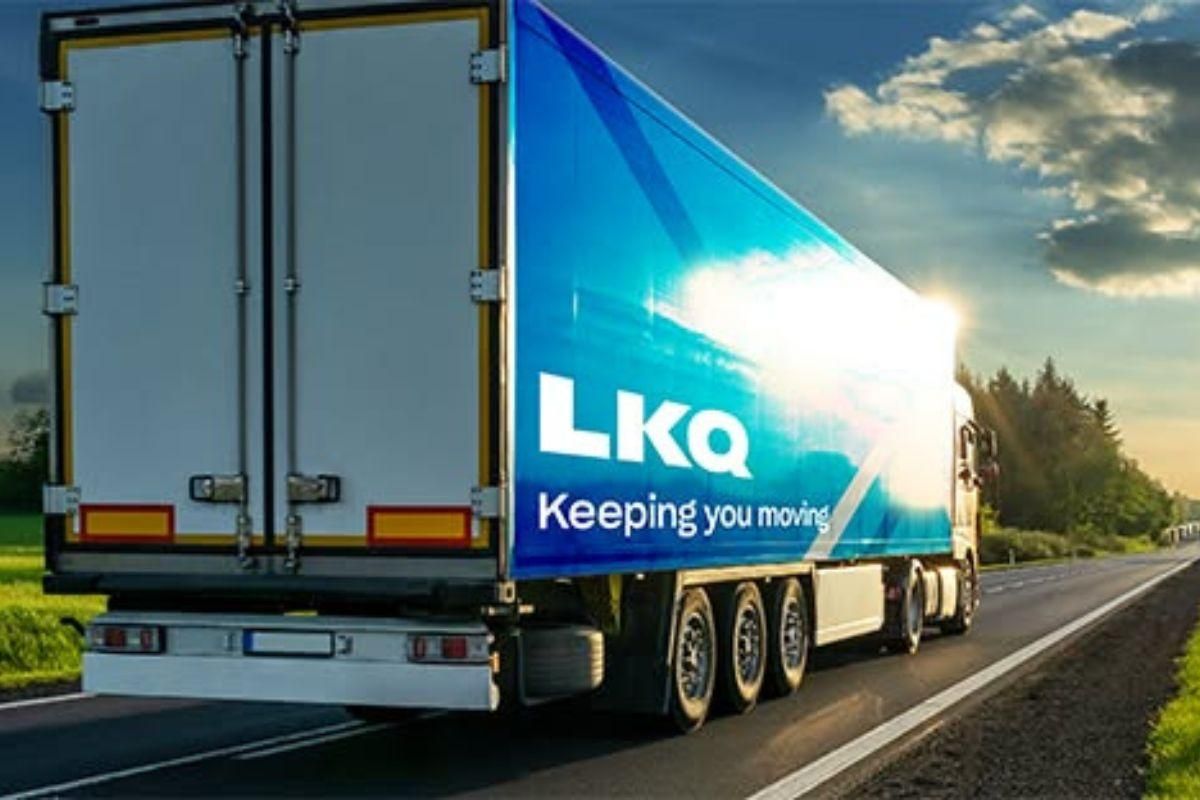LKQ Corp. [NASDAQ: LKQ] said April 24 it saw $3.5 billion in revenue in Q1 2025, down 6.5% from the same period last year, amid a general slowdown in collision industry work. Net income rose 7% to $169 million, for diluted earnings per share of 65 cents, up 10%. Adjusted net income and EPS -- both non-GAAP measures -- declined, but met a Zacks Consensus Estimate and topped a Wall Street Journal polling of analyst expectations.
Organic revenue from parts and services -- results from continuing operations, excluding acquisitions and divestitures, and currency fluctuations -- fell 4.3%.
Tennessee-based LKQ sells aftermarket and recycled OEM auto parts in North America, Europe and Taiwan, including from about 60 “pick your part” salvage yards. Its website said it’s the largest buyer of used vehicles in the U.S. Slower collision repair rates -- higher costs, fewer claims -- and tariff hesitation or uncertainty from implementation and reversals, comes lower demand for parts, even as more total losses make more vehicles available for the salvage companies to buy.
Cost Cutting, Confirming Guidance, Consensus Hits
President and CEO Justin Jude said in an earnings release the company has implemented savings and internal improvements to maintain business, citing “operational excellence initiatives” and “optimizing the company’s cost structure” to “generate long-term value despite market uncertainties.”
Jude said this is reflected in LKQ’s year-over-year EBITDA growth.
The company “delivered a solid first quarter, in line with our expectations, and we left our prior full year 2025 guidance unchanged,” said Senior Vice President and CFO Rick Galloway in the release.
 President and CEO Justin Jude.
President and CEO Justin Jude.
LKQ is guiding organic revenue growth for parts and services in a range of flat to up 2%, and expects to earn $2.91 to $3.21 per share, diluted, and $3.40 to $3.70 on an adjusted basis. Cash flow of about $1 billion, free or operating, with the latter trending higher, is expected. Annual diluted EPS would rise at least 11% at the low end of that range, $2.91, over 2024’s $2.62 EPS, if LKQ meets its guidance, more if it beats it.
Zacks said LKQ has beat its consensus EPS twice in the last four quarters; Wall Street Journal charting shows EPS generally in analyst ranges, above and below consensus marks, with a particular miss of about 15% in Q2 2024.
Future Quarters and Analyst Cues
Tariffs are a question mark.
LKQ said in the release its 2025 outlook “does not include potential positive or negative effects from tariffs.” Guidance could change with “greater clarity,” but the release noted “inherent uncertainty in the ongoing trade negotiations.”
The same day as LKQ’s report, media accounts noted President Donald Trump’s comments that China tariffs could change, China’s denial of a trade deal, and a dozen states that have sued to block their enforcement at all. Analysts are generally positive on LKQ’s coming year. Benzinga, on nasdaq.com, said six of them who rated LKQ over the last quarter are all “somewhat bullish.” Yahoo! Finance showed no downgrades for nearly five years. The Wall Street Journal had nine analysts at “overweight” or “buy” and two at “hold.” None recommended selling.
Barrington reiterated its “Outperform” rating twice this week, just before and after LKQ reported results, with a one-year price target of $60.
Most LKQ shares are owned institutionally.
Its stock price had declined 11% by midday trading April 24.














Paul Hughes